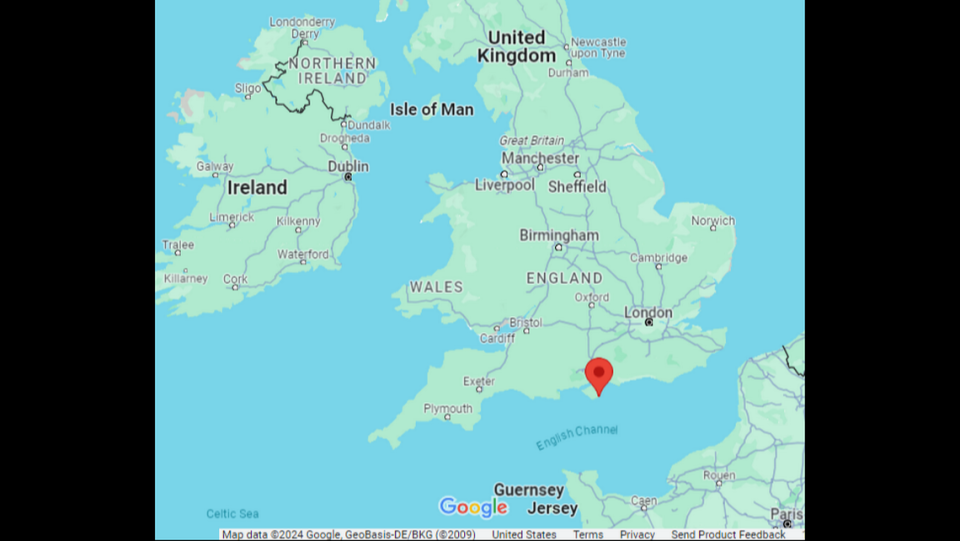Look familiar? 115-million-year-old fossil is of something you might find in the yard
It was clear from the start there was something unique about an oval rock found on England’s Isle of Wight.
A series of intentional shapes appeared to be woven into the surface, making the stone both mysterious and yet oddly familiar.
It turned up in a gorge near the seaside resort of Shanklin, and Wight Coast Fossils tour guide Megan Jacobs suspected at first it might be a cycad plant fossil.
“However, once I’d picked it up, I realized it was a complete pine cone! ... They haven’t hardly changed for millions of years, so very recognizable,” Jacobs told McClatchy News.
“It’s from the Lower Greensand (period), which is around 115 million years old. It was a period of a huge sea level rise, so a lot of earth was gradually being flooded and turned into shallow seas.”
Pine cone fossils from the period are extremely rare, and it’s even more surprising to find one so intact, according to Jacobs, a paleontology PhD student and co-owner of Wight Coast Fossils. The discovery was made the first week of January, she said.
“It’s remarkable it survived on the beach, especially as we’ve had lots of huge storms recently,” she said.
The Lower Greensand formation crosses southern England and tells “the story of a sudden rise in sea level,” the Bedfordshire & Luton Geology Group reports.

“England had been dry land for about 40 million years (from the end of the Jurassic period), and erosion by wind and water had worn away many layers of older rock.” the group says.
“Then sea-levels rose rapidly as the result of the most significant global warming the Earth has known.”
It was during this time of upheaval that a single pine cone was swept out to sea, drifted southeast for miles, then finally sank into sediment that is today the Isle of Wight, Jacobs said.
The potato-shaped rock was found as Jacobs was playing tour guide to a family, and she presented it to them as a souvenir. “They went away over the moon with a cool fossil they can show all their friends,” she said.
Wight Coast Fossils was created in 2019 by a group of fossil collectors and university graduates to offer guided fossil tours of the “island’s internationally unique geological heritage.”
‘Rock’ found 10,000 feet deep in Pacific proves to be ancient shark tooth, study says
Fossil hunters find different halves of same ancient shark tooth 4 weeks apart in SC
4-foot skull found in Mississippi ravine belonged to ancient ‘sea dragon,’ experts say

